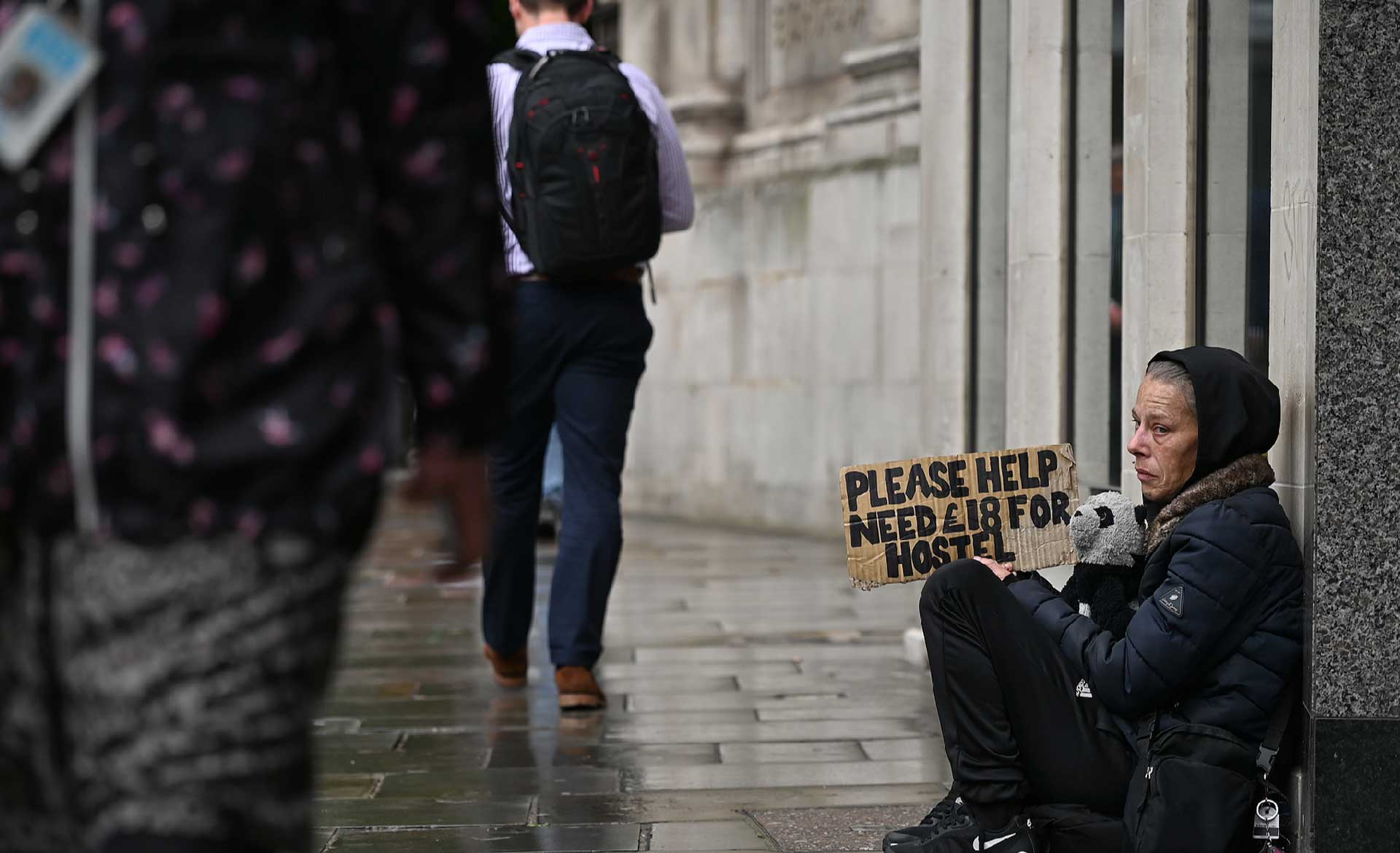
Britain’s labor market weakened further in the second quarter, with unemployment rising to 4.7 percent, the highest in four years. Job vacancies fell 5.8 percent to 718,000 between May and July, and payroll employment dropped by 149,000 from a year earlier, with the biggest losses in retail and hospitality. Analysts say a weaker economy, rising minimum wage, higher employer costs, and persistent global uncertainties — including U.S. tariffs on UK goods — are weighing on hiring. Wage growth remained steady at 5 percent, adding to inflationary pressures that could influence Bank of England rate decisions. Economists warn that the combination of slower job creation, tariff impacts, and economic uncertainty risks prolonged stagnation.
Credit: CGTN